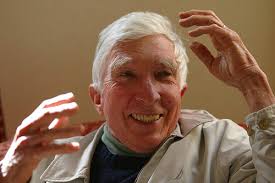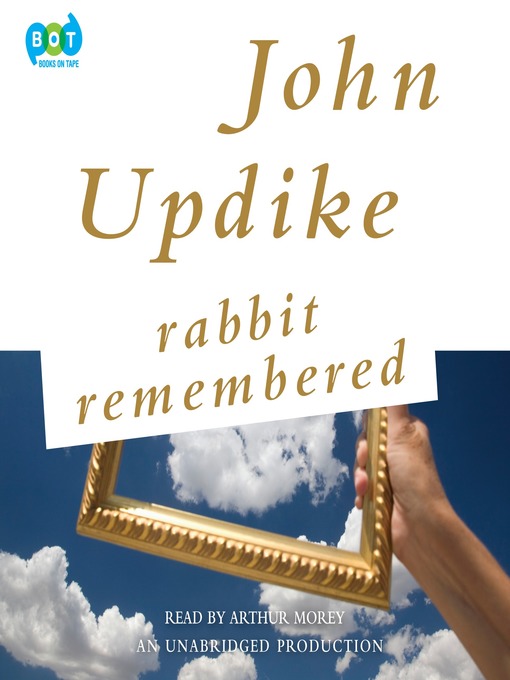

He had a great visual awareness too, and many of the towns he appropriated are almost lovingly summoned, even as they are lapsing into neglect and decay.

He once wrote a wonderful line: all movies are really the story of two huge faces on a screen coming together and eventually kissing.įor the rest of his life he harked back to Pennsylvania, most obviously for his Rabbit Angstrom novels he cherished the local idiom, the banality of conversation, the deep-grained, unthinking patriotism, the rumours of adultery, and all the small endeavours and lapses of the people in the towns he knew. In the late Forties and Fifties he had discovered the joy of films, and he would go to local movie houses as often as possible, experiences which he treasured and described nostalgically. His mother moved the family from their home town of Shillington out to a farm in the countryside, which Updike described as ‘the crucial detachment of my life’. His father, a schoolteacher, is a rather shadowy figure in his accounts. He was, consciously, the product of small-town Pennsylvania and always his remarkable mother’s son. And this, I think, gave him the leitmotif of his writing life and made him the writer he became. His inspiration, he says, has been drawn from life he has always believed that ‘out there was where I belonged, immersed in the ordinary which careful explication would reveal to be the extraordinary’.

In his introduction to The Early Stories, 1953–1975, John Updike speaks candidly about his professional life. I have read so much Updike, so many articles, so many collections of his criticism and journalism, and virtually all his many novels, that I sometimes think I know more about his thought processes than I do about my own.


 0 kommentar(er)
0 kommentar(er)
